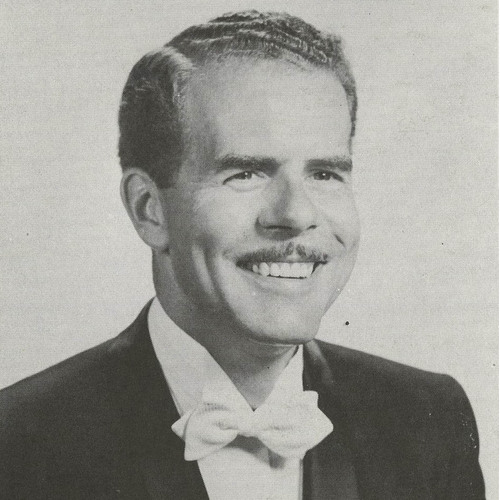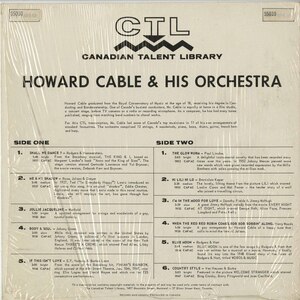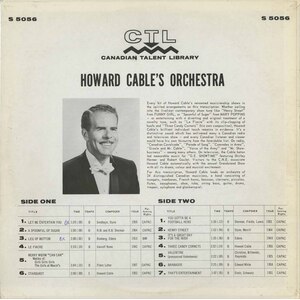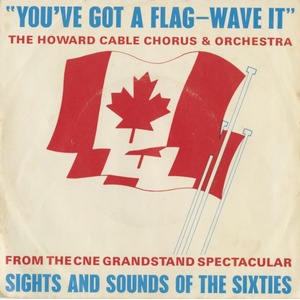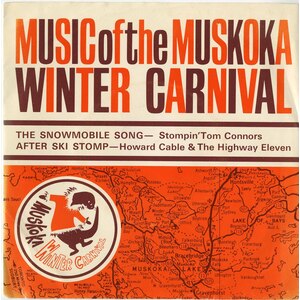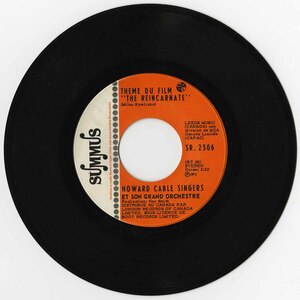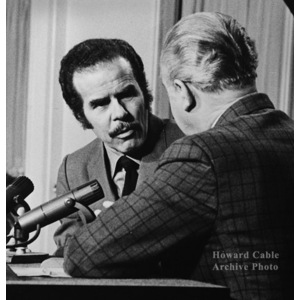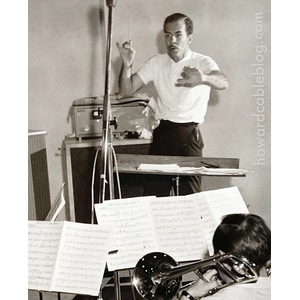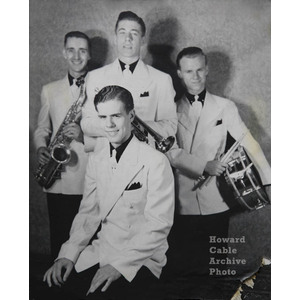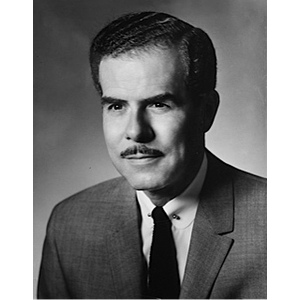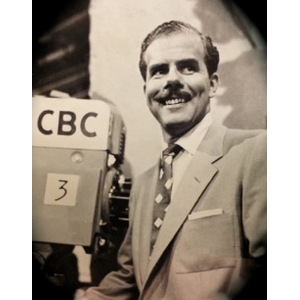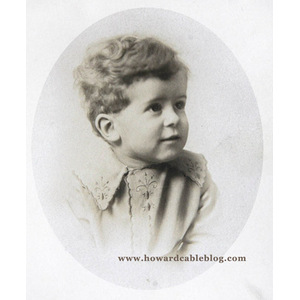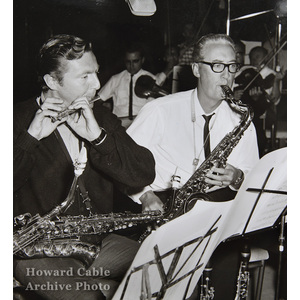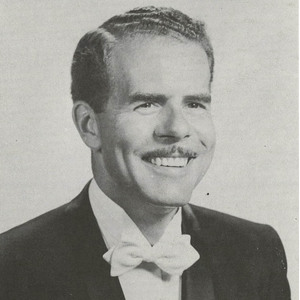Cable, Howard Orchestra
Websites:
http://howardcableblog.com/, https://www.thecanadianencyclopedia.ca/en/article/howard-cable#:~:text=Cable%20was%20one%20of%20Canada's,City%20as%20a%20studio%20conductor.
Origin:
Toronto, Ontario, 🇨🇦
Biography:
Howard Cable: A Life Conducted in Music
By Robert Williston
I first connected with Howard Cable in May 2015. He was 94 years old at the time - still composing, still sharp, and still deeply committed to music. It was one of the most meaningful exchanges I’ve had in my archival work. I had a number of his Canadian Talent Library (CTL) recordings - vibrant, joyful arrangements of Broadway classics, jazz standards, and original compositions - and Howard hadn’t heard them in over 50 years. So I made audio transfers from vinyl and sent them to him. When he listened, it was like opening a time capsule. He was overjoyed.
Howard Cable’s music had already lived in my ears for years before I knew the man behind it. But what I discovered through our connection, and through reading his blog, was that his story was far richer, funnier, and more human than any formal biography could convey.
Howard Cable was born on December 15, 1920, in Toronto, Ontario. He graduated from the Royal Conservatory of Music at just 18 with a diploma in conducting and bandmastership and later studied at the Juilliard School in New York City, honing the precision and polish that would define his arrangements for decades to come.
His career began in the dance band era of the 1930s, when he formed his first group, Howard Cable and His Cavaliers. They played summer gigs at Honey Harbour and eventually at the Beaumaris Yacht Club on Lake Muskoka. He was already arranging music then, often rewriting charts by hand on the balcony of the yacht club. His musical influences included Duke Ellington, whose touch of harmonic sophistication and rhythmic swagger would echo in Howard’s own work.
By the 1940s, Howard had become one of Canada’s busiest and most respected conductors and arrangers. His work was omnipresent across CBC Radio and Television, where he led orchestras for flagship shows like Canadian Cavalcade, Parade of Song, Comrades in Arms, Voice of the Army, and G.E. Showtime. He was a core part of the Canadian National Exhibition Grandstand Shows, including the famous Roy Rogers Circus in 1954, where he and his orchestra dressed in full cowboy regalia. In a delightful blog post from 2013, he shared photos of himself and his children beside Trigger’s horse trailer, recalling how Dale Evans signed autographs with “Happy Trails” and a Bible verse.
In the 1960s, he recorded extensively for the Canadian Talent Library—albums that still shine with personality and elegance. Whether arranging a Broadway tune like “Let Me Entertain You,” a novelty like “Three Candy Cornets,” or his original piece “Starburst,” Howard brought crisp precision and heartfelt charm to everything he touched. His orchestrations combined strings, brass, woodwinds, harp, timpani, xylophone, and even glockenspiel, blending formal training with playful inventiveness.
Howard didn’t limit his work to Canada. In the 1950s and ’60s, he worked as a studio conductor in New York City, recording with CBS and NBC. He also composed concert works for symphony and wind ensemble, arranged for ceremonial occasions (including royal visits), and served as music director for the Toronto Symphony Youth Orchestra from 1971 to 1974. Among his many accolades, he was named a Member of the Order of Canada in 2000, recognizing his exceptional contributions to the performing arts.
But beyond the resume, what I remember most about Howard is his humility, his humour, and his openness. In his 90s, he began blogging, capturing vivid memories of Canada’s music scene from the 1930s onward. He wrote about losing his charts in a pavilion fire, sneaking peeks at the big bands through the windows of the Palais Royale, and resisting the modern world of digital scores in favor of pen and manuscript paper. “I refused to learn Finale or Sibelius,” he wrote. “I prefer to write music with a felt pen and score paper.”
Howard Cable passed away on March 30, 2016, at the age of 95. His music lives on, in the recordings he made, the stories he told, and the artists he inspired. I feel truly honored to have shared even a small part of his journey, to have helped bring his own sound back into his life when it mattered most.
His life was, quite literally, conducted in music, from the dance floors of Georgian Bay to national broadcasts, from cowboy costumes at the CNE to a studio chair in Manhattan. Howard was a giant, and Canada is better for the music he left behind.
-Robert Williston
